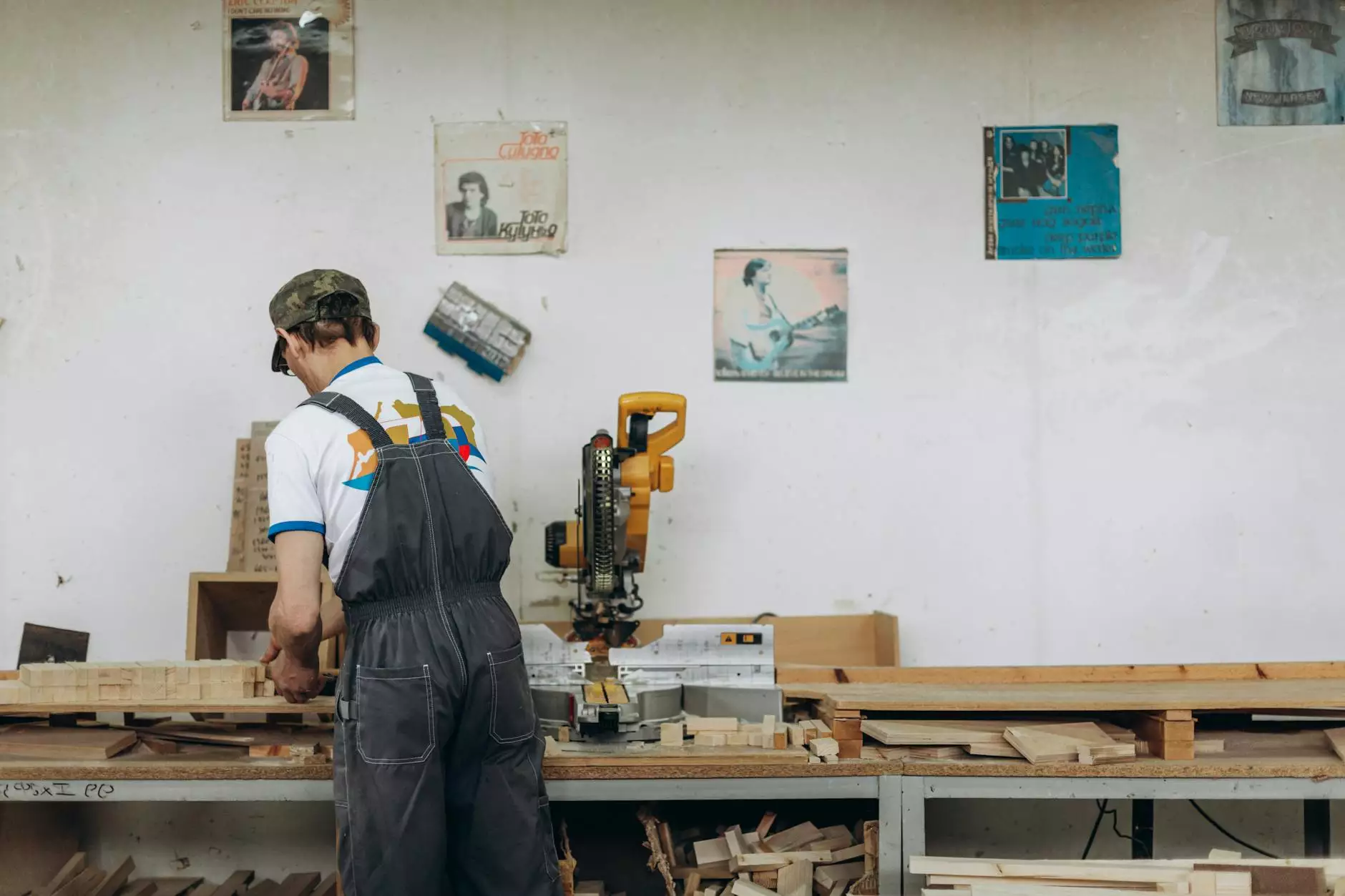The Ever-Evolving Industry of Pellet Production

Pellet production has emerged as a pivotal component in the global push towards sustainable energy solutions. This process transforms biomass into a valuable resource, making it a cornerstone of both renewable energy and eco-friendly manufacturing. The continual rise in demand for cleaner energy sources has catalyzed advancements in wood supplies, particularly in the form of pellets made from various types of timber. This article delves deep into the nuances of pellet production, its benefits, and how businesses can strategically position themselves in this booming market.
Understanding Pellet Production
At its core, pellet production involves compressing biomass material into small, cylindrical pieces known as pellets. These pellets are primarily made from wood, which can include sawdust, wood shavings, and other wood by-products. The significance of this process lies in its ability to convert waste materials into a high-energy fuel source.
The Process of Pellet Production
The pellet production process can be broken down into several key stages:
- Raw Material Collection: Collecting sustainable sources of wood, which can be sourced from logging, sawmills, or even agricultural waste.
- Size Reduction: The collected raw materials are reduced to a smaller size using a hammer mill or chipper.
- Drying: The moisture content of the raw material is reduced to about 10-15% for optimal pellet formation.
- Pelletizing: The dried material is fed into a pellet mill where it is compressed and extruded through a die, forming pellets.
- Cooling and Packaging: Once formed, the pellets are cooled, which also helps remove any residual moisture. Finally, they are packaged for distribution.
The Importance of Sustainable Wood Supply
Sustainability is the backbone of any pellet production process. The source and supply of wood are critical in ensuring that the ecosystem remains balanced while meeting the high demand for pellets. Sustainable practices in wood supply include reforestation initiatives, responsible sourcing, and certification from recognized bodies such as the Forest Stewardship Council (FSC).
Why Choose Sustainable Timber?
Choosing to buy timber in bulk from sustainable sources not only benefits the environment but also enhances a business's credibility. Here are a few reasons to consider:
- Environmental Health: Sustainable timber sourcing contributes to maintaining biodiversity and reducing carbon footprints.
- Market Demand: As consumers become more eco-conscious, there is an increasing demand for sustainable products, including pellets.
- Regulatory Compliance: Many regions have stringent regulations regarding sustainable forestry practices; compliance can be a selling point.
Benefits of Pellet Production for Businesses
Engaging in pellet production can offer numerous advantages for businesses, including:
- Cost-Effectiveness: Utilizing waste materials for pelletizing drastically reduces raw material costs.
- Revenue Opportunities: Selling excess pellets can create an additional revenue stream for wood suppliers and businesses.
- Energy Independence: Manufacturing pellets allows companies to harness local resources, reducing dependency on external energy supplies.
- Brand Image Enhancement: Companies committed to sustainable practices will likely enjoy a better brand image and customer loyalty.
The Future of Pellet Production
The future of pellet production holds significant promise. As global energy demands increase, the reliance on renewable sources will continue to grow. Several trends are shaping this future:
- Technological Advancements: Innovations in pelletizing technology are making the production process more efficient and environmentally friendly.
- Expanded Markets: There is a growing international market for wood pellets, particularly in Europe and Asia, where they are increasingly used for heating and power generation.
- Increased Regulations: Governments are implementing stricter regulations regarding carbon emissions, thereby increasing incentives for pellet usage in various industries.
Challenges in Pellet Production
Despite the numerous benefits, businesses in pellet production face challenges that require strategic solutions:
- Supply Chain Issues: Securing a consistent and sustainable supply of wood can be challenging, particularly during periods of high demand.
- Quality Control: Ensuring high-quality pellets that meet industry standards requires rigorous testing and adherence to production protocols.
- Market Fluctuations: Price volatility in the wood market can affect production costs and profitability.
How to Optimize Pellet Production for Your Business
To maximize the success of pellet production, businesses should consider implementing the following strategies:
1. Invest in Quality Equipment
Utilizing state-of-the-art machining technology can enhance the efficiency and quality of pellet production. This can include high-capacity pellet mills, advanced drying systems, and effective cooling equipment.
2. Maintain Sustainable Practices
Continually assess your sourcing methods and ensure that your wood supply is sustainable. This not only helps the environment but also positions your business as a leader in responsible practices.
3. Educate Your Customer Base
Informing potential customers about the benefits of wood pellets and sustainable practices can increase interest and sales. Consider hosting workshops, webinars, or providing informational resources on your website.
4. Collaborate with Other Businesses
Forming partnerships with other companies in the timber and energy sectors can lead to collaborative opportunities that enhance production efficiency and broaden market reach.
Conclusion
In conclusion, pellet production represents a significant opportunity for businesses looking to thrive in an increasingly eco-conscious world. As the market for sustainable energy continues to grow, companies that invest in pellet production, embrace sustainable wood sourcing, and optimize their operations will undoubtedly find themselves in a favorable position. By focusing on quality, sustainability, and technological advancement, businesses can contribute positively to the environment while enjoying economic benefits. To learn more about sustainable timber sourcing and pellet production, explore the services offered at eksidtechug.com and grab this opportunity to be part of an innovative and responsible industry.









